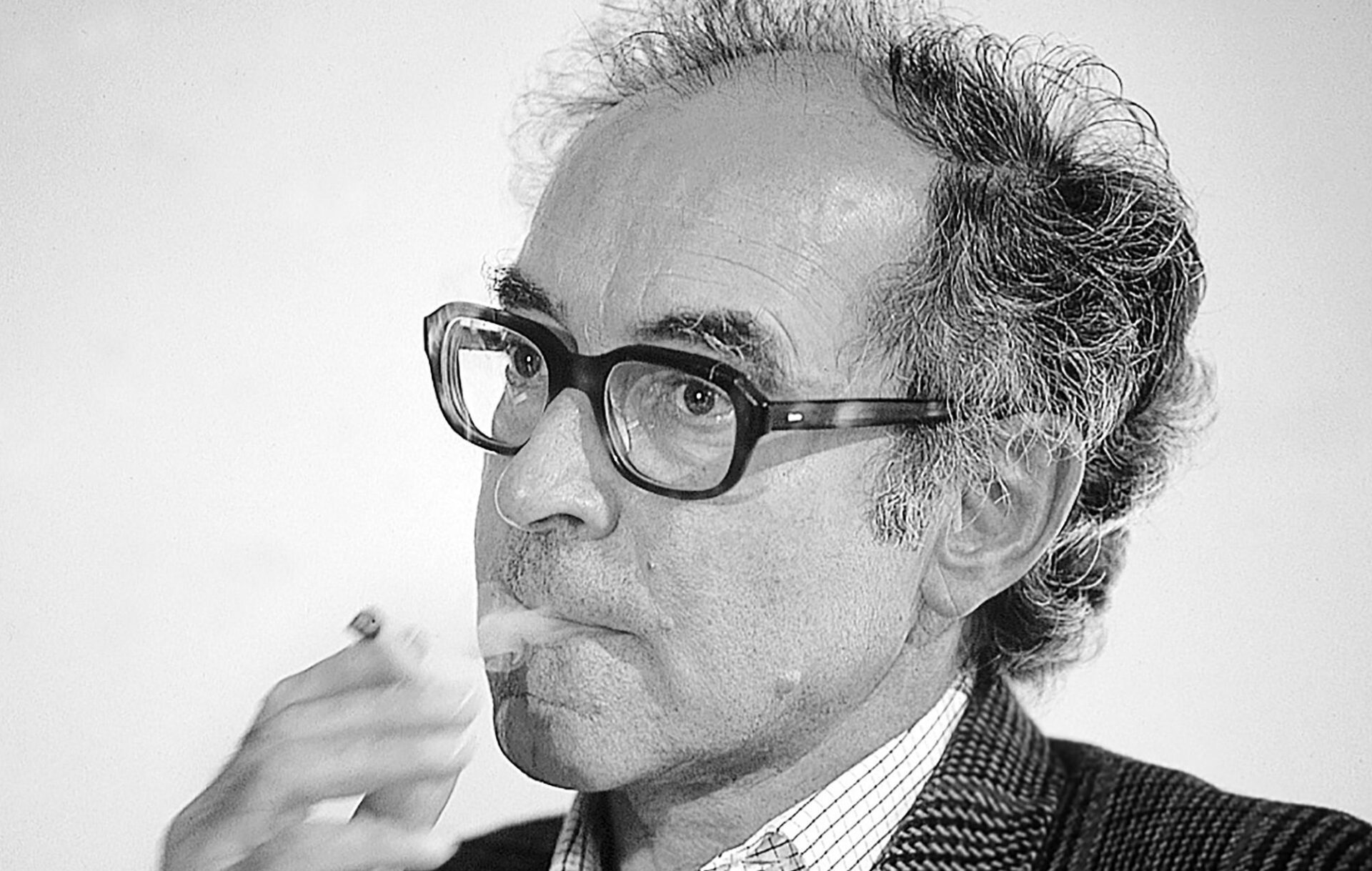Jean-Luc Godard, revolutionary French filmmaker, has died at 91
The legendary director was at the forefront of the French New Wave
By Joe Goggins

Jean-Luc Godard, the French-Swiss filmmaker who was a giant of the Nouvelle Vague, has died at the age of 91.
The French newspaper Libération reported Godard’s passing this morning (September 13). No cause of death has been confirmed.
The legendary director effectively lit the blue touchpaper on the French New Wave in 1960 with À bout de souffle, known as Breathless to English-speaking audiences, which introduced the world to his loose, seemingly improvised filmmaking style. Throughout the sixties, he would increasingly become known for his radical bent, in terms of both his approach to filmmaking and his politics, with features like Le Petit Soldat, in which he suggested that the French government endorsed torture. It was banned until 1963.
He would go on to cement his radical credentials throughout the sixties, particularly when he helped to shut down the Cannes film festival in solidarity with those involved in the May ‘68 protests that swept across France. He also founded a directors’ collective that he named after Dziga Vertov, the Soviet filmmaker behind the seminal 1929 experimental documentary Man with a Movie Camera.
Stylistically, Godard would slalom through genres as the years rolled by, with his catalogue taking in crime capers (Bande à part), musicals (Une femme est une femme), slow-burning dramas (Le Mépris), and experimental science fiction (Alphaville). In recent years, he had continued to refuse to bow to convention, particularly with the divisive, avant-garde Film Socialisme in 2010.
Godard was an elusive figure throughout his storied career, although his personal life drew media interest, particularly his marriages to Anna Karina, who starred in a slew of his early movies, and Anne Wiazemsky, who had a leading role in his 1967 treatise on student politics, La Chinoise.
He lived quietly — or perhaps, as Karina once suggested, reclusively — in the Swiss municipality of Rolle, near Geneva, something colourfully underlined by his cameo — or lack thereof — in the penultimate film by one of his Nouvelle Vague contemporaries, Agnès Varda’s Visages Villages. His final feature, The Image Book, was awarded the first ‘Special Palme d’Or’ in the history of the Cannes Film Festival. He is survived by his partner since 1970, the filmmaker Anne-Marie Miéville.
